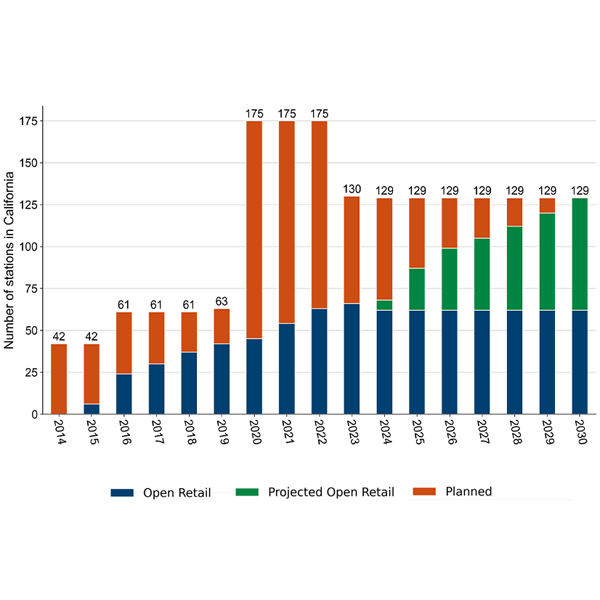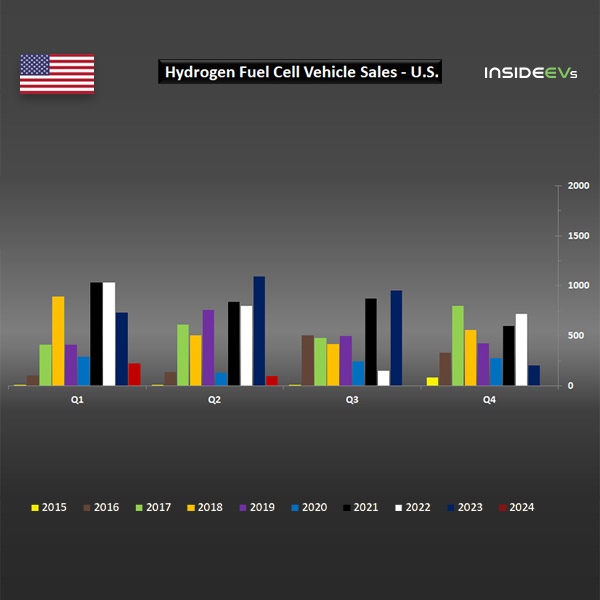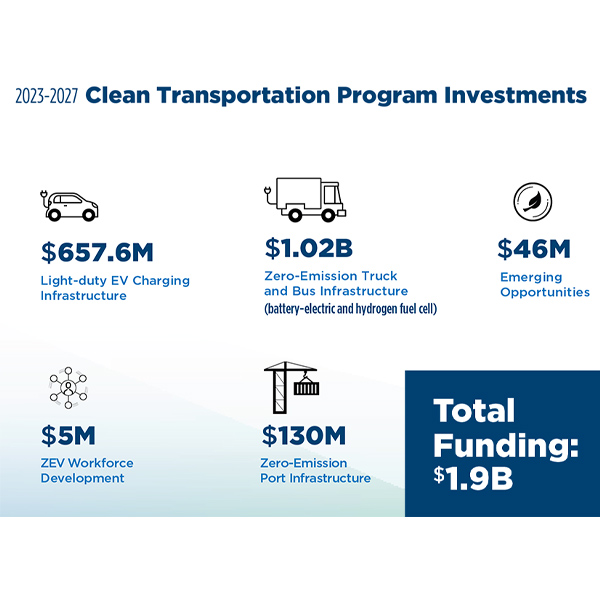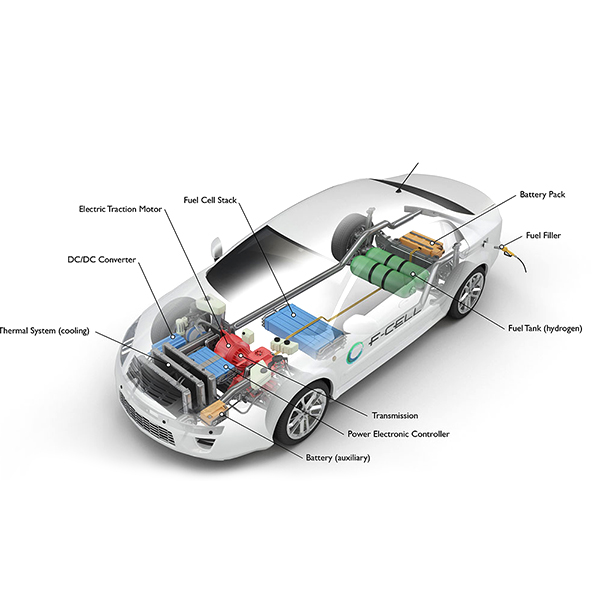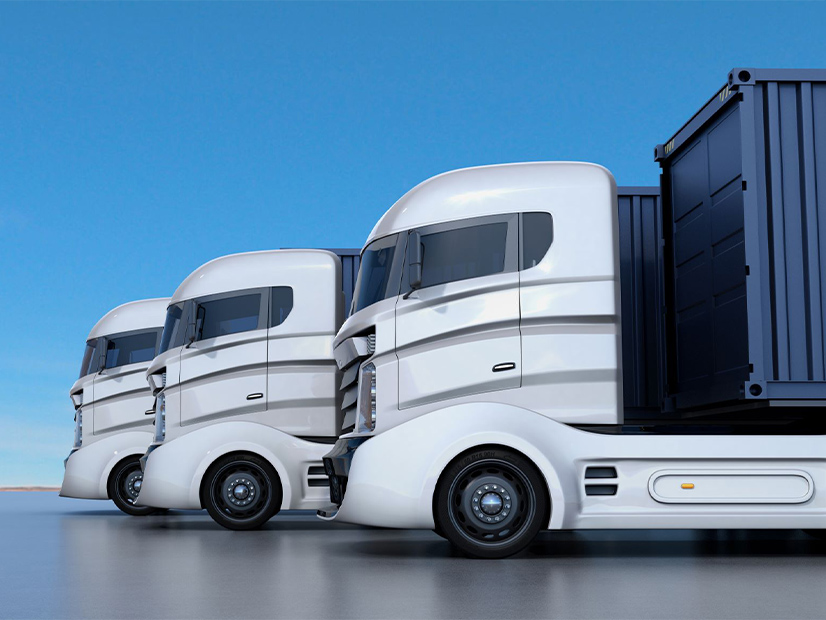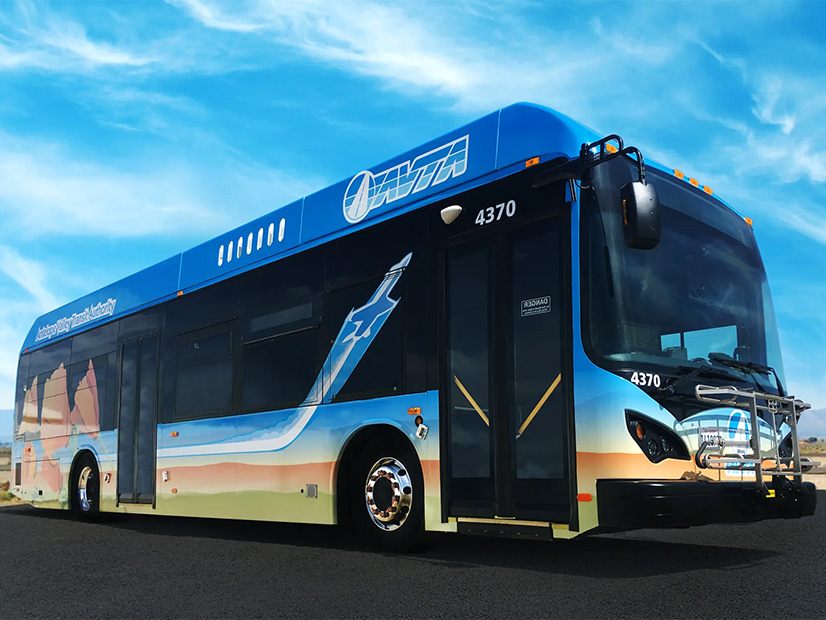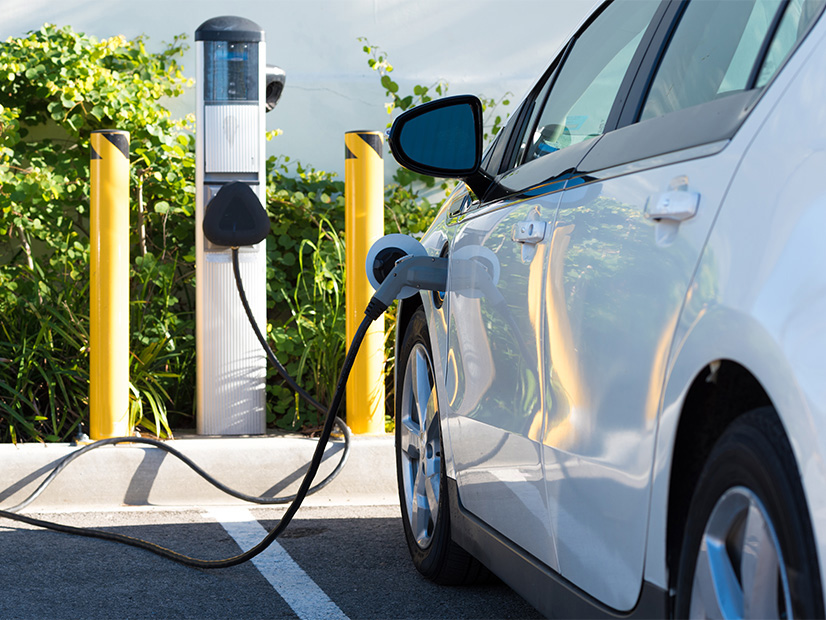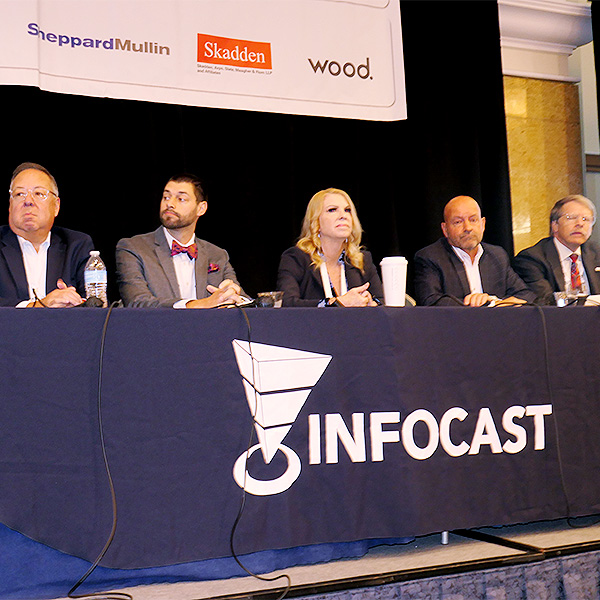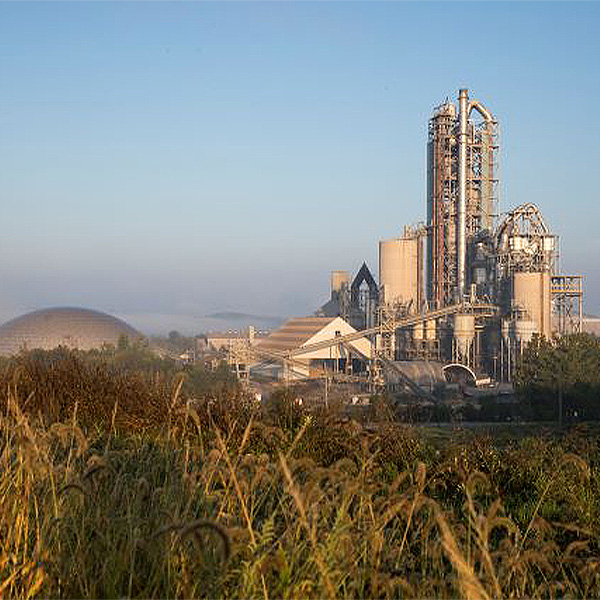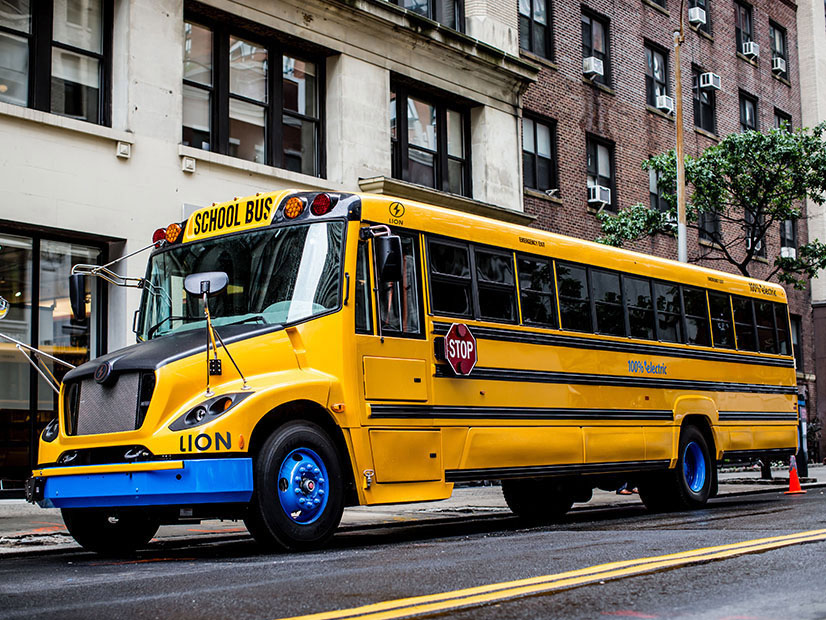Fuel Cell Electric Buses (FCEB)
Hydrogen transportation is struggling to find momentum in California, with the number of open fueling stations decreasing again last year, while fuel prices continue to increase.
Sales of electric vehicles in the U.S. are showing some signs of recovery, while the market for hydrogen fuel cell vehicles has practically collapsed.
The California Energy Commission approved a plan for spending $1.85 billion over the next four years to expand zero-emission vehicle infrastructure across the state.
A New Jersey report focuses on the development of hydrogen fuel cell electric vehicles as an alternative to battery-powered EVs for long haul heavy-duty trucks, buses and other industrial vehicles.
The EPA approved a waiver for California’s Advanced Clean Trucks regulation, clearing the way for the state to launch the zero-emission program.
California transit agencies are enthusiastically adopting zero-emission buses, but regulators are worried that ridership downturns will stall ZEB progress.
Maryland surpassed its greenhouse gas emission-reduction goal for 2020, according to the final data released by the state Department of the Environment.
$8 billion in funding for hydrogen hubs is "a start" but won't solve all the challenges the industry faces, panelists said at Infocast’s Hydrogen Hubs Summit.
The Maryland Climate Change Commission discussed efforts to expand public transportation and reduce emissions from cement manufacturing at a recent meeting.
DOT announced $1.66 billion in infrastructure bill grants to nearly double the number of non-emission buses on the nation’s roads with just one year of funding.
Want more? Advanced Search
